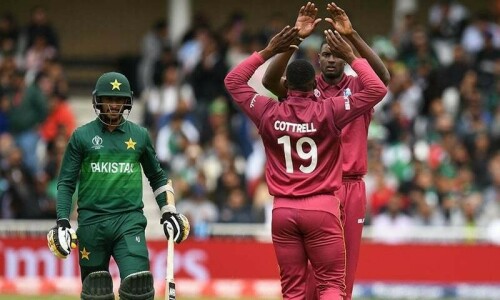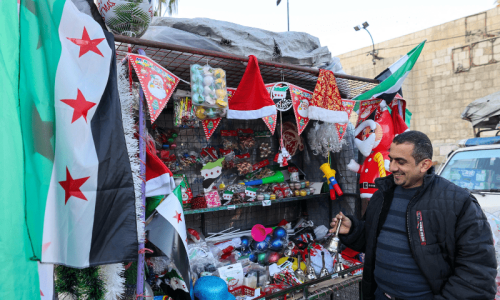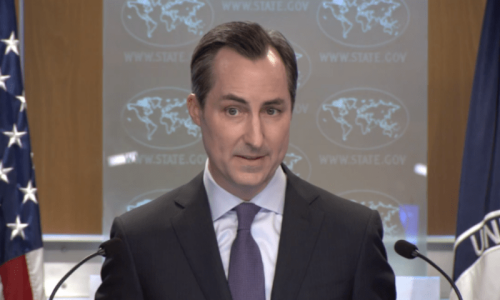WHILE political differences are part of the democratic process, there can be no justification for such disagreements translating into violence. Unfortunately, in Pakistan — where political violence has never been far from the surface — these negative trends have only been amplified over the past few years. Both social and mainstream media platforms have been used to pillory opponents, and promote a culture of toxicity. The attack on PTI information secretary Raoof Hasan in Islamabad on Tuesday appears to be linked to this woeful environment of intolerance. Mr Hasan was attacked in a parking lot after leaving a TV channel when a group of individuals closed in on him. The CCTV footage of the episode is disturbing, and police say the politician was attacked with a blade. In a statement on social media, PTI founder Imran Khan has pointed a finger at “powers that lurk in the shadows”, while the federal information minister has called for a probe.
Though an investigation has been initiated, the PTI seems dissatisfied with the transparency of the probe. These reservations should be addressed and the perpetrators punished. It is an unfortunate reality that when parties fall out of favour with the powers that be — like the PTI has currently — such mysterious attacks, disappearances and detentions targeting their leaders and workers grow in frequency. This culture of victimisation has had a chilling effect on Pakistani politics. While on one hand, there have been positive developments, such as the release on bail of PTI leader Parvez Elahi on Tuesday after nearly a year in jail, many other party leaders and supporters remain in detention following the events of May 9. The political class, instead of applauding the victimisation of opponents, must speak out against such targeting for political affiliations. Equally important is the need to change the toxic narrative that has begun to dominate politics. The PTI, sadly, particularly through social media, has contributed to this toxicity. To prevent further deterioration and restore a sense of civility to politics, all parties, whether in power or in opposition, must shun venomous narratives, and only target the policy weaknesses of their opponents. More urgent is the need for all political actors to condemn the use of violence against rivals. Those who profess a belief in democracy should either speak up now, or prepare to face an even more repressive atmosphere.
Published in Dawn, May 23rd, 2024











































Dear visitor, the comments section is undergoing an overhaul and will return soon.